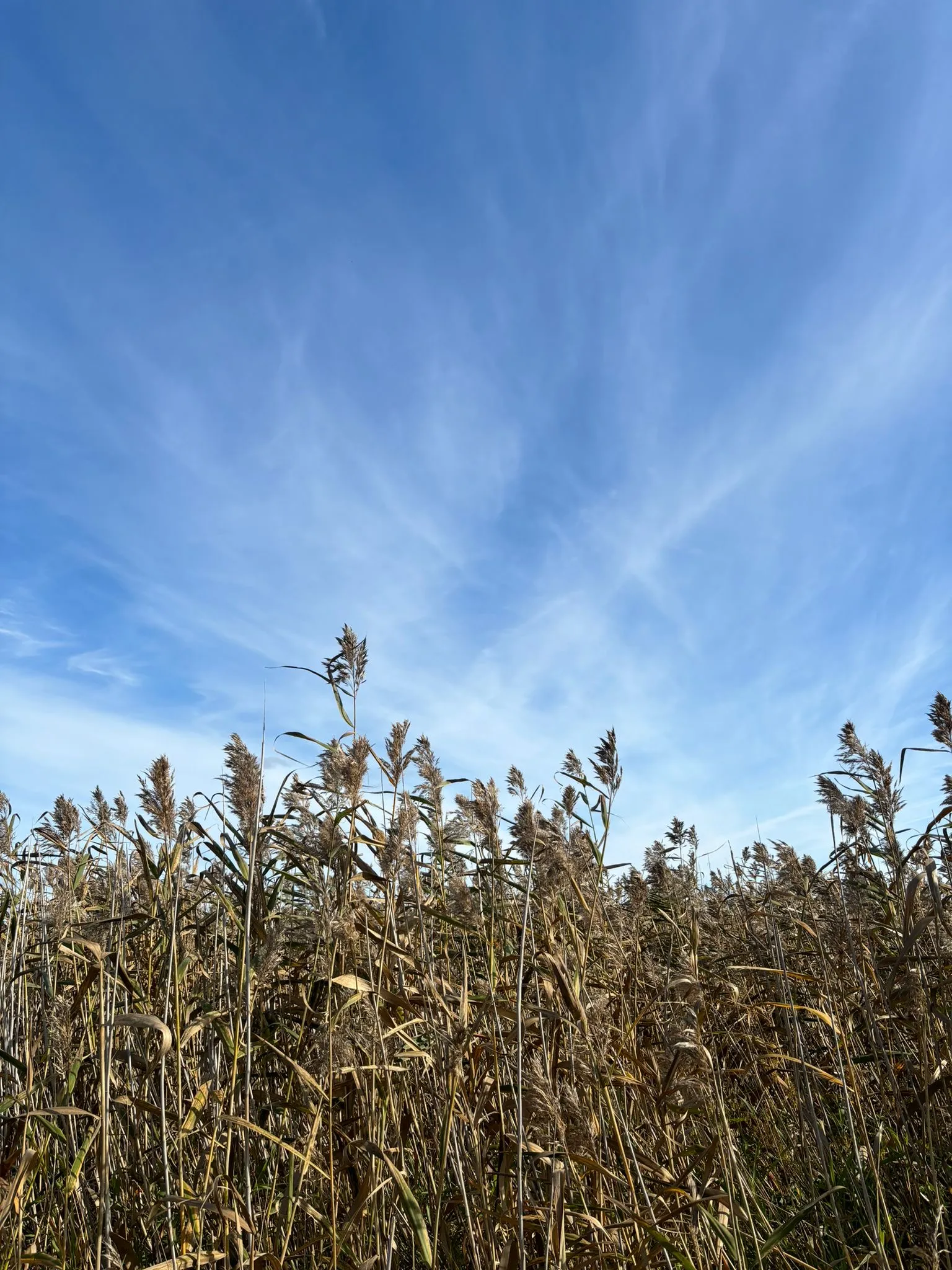Why walking in the forest decreases stress and supports mental well-being?
Sep 29, 2024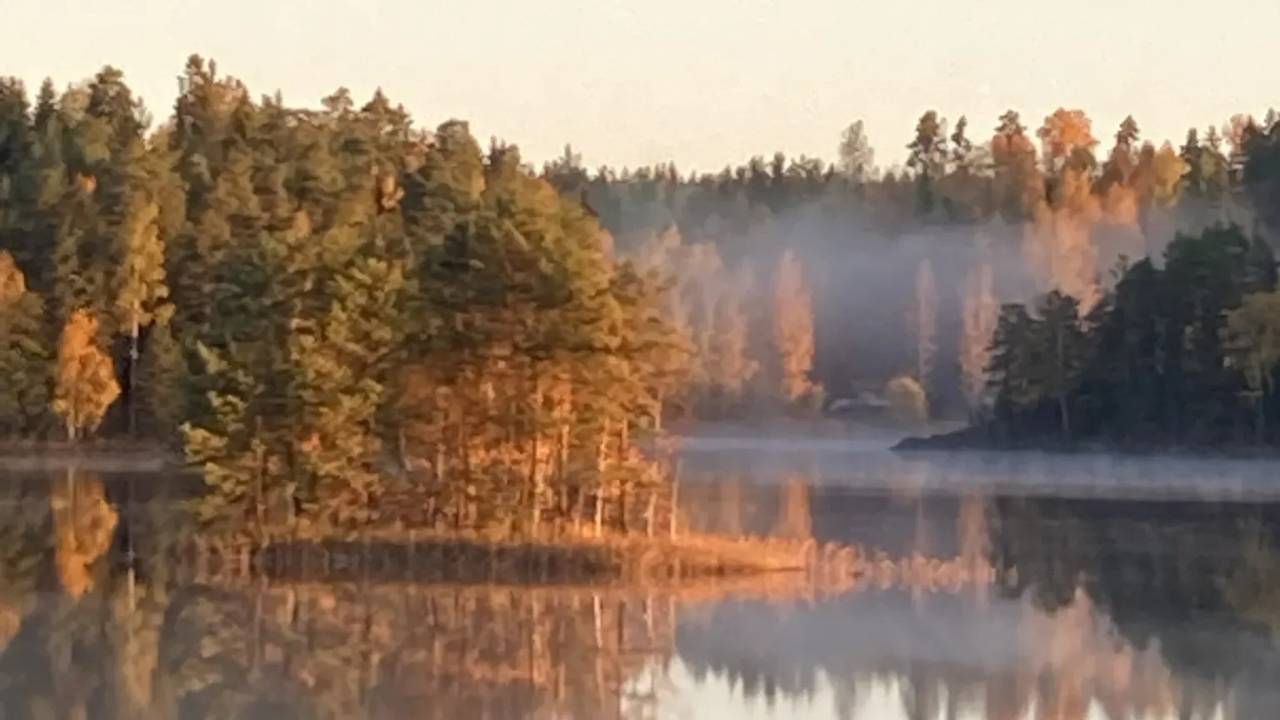
Do you have experience with a situation like this? You feel stressed, there’s an overwhelming amount of work to do, you do not sleep that well, and there are hundreds of things going around in your mind. Instead of moving to the couch, you decide to put on your outdoor clothes and head out to a nearby park, forest, or sea or lake.
After just a few minutes, you notice how your shoulders begin to relax, your breathing calms, your pulse slows, and your blood pressure drops. Your body starts to relax, and your mood improves. You begin to feel the positive impact of nature.
What does nature do to us, why, and how?
At this point, it's good to briefly return to a time when our ancestors lived on the savannah, following a hunter-gatherer lifestyle. Nature was a vital partner to us, and it was most important to get along with it if you wanted to stay nourished and, in general, alive. Since then, the our living environment has changed drastically, but unfortunately, our brains have not kept up with these changes and still long for the savannahs, yearning for nature’s calming effects.
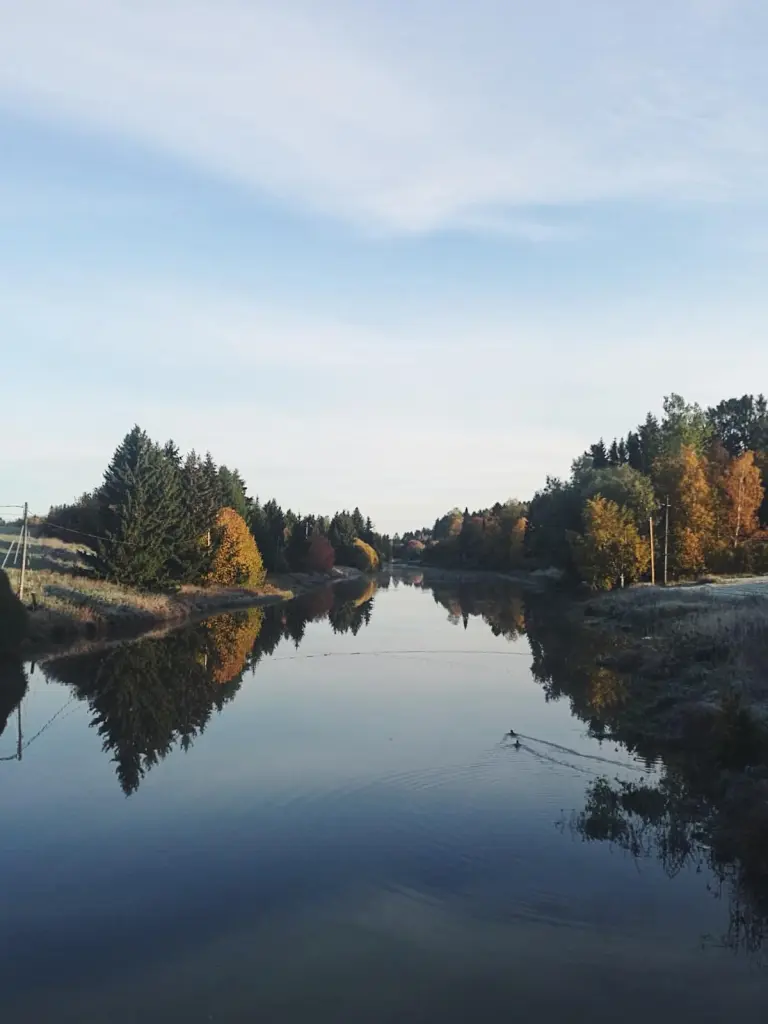
The positive effects of nature on the mind and brain function have been widely researched and validated.
Our brains crave nature’s peace
Our modern living environment – cities, workplaces, and busy everyday life in a 24/7 world – bombards our brains with an overwhelming amount of sensory stimuli: noise, lights, advertisements, buildings, threatening news, and an information flood through different screens. This constant flood of stimuli particularly overloads the prefrontal cortex, which is responsible for attention and decision-making.
Our “radar” is always on, scanning the environment. Because of our brain’s default settings, we are especially focused on identifying potential threats. The downside of the information flood is that the brain has to process all incoming data before deciding if it’s something truly worth noting. Prolonged exposure to constant scanning and data processing tends to lead to harmful exhaustion and chronic stress, especially when recovery is insufficient. Chronic stress, in turn, can lead to mental exhaustion, anxiety, or depression. When observing today’s world, it’s no surprise that exhaustion and mental challenges, particularly anxiety, are so common these days.
In nature, our bodies and minds get a chance to rest.
In nature, the situation is different. Nature doesn’t demand us to be on alert all the time, but instead offers pleasant sensory stimuli for our brains, such as the sound of the wind, birdsong, and beautiful greenery, which help our brains recover from overload. Studies show that spending time in nature activates the parasympathetic nervous system, leading to relaxation within 15 minutes as the stress hormone cortisol decreases. In practice, the “fight or flight” response associated with chronic stress and anxiety diminishes.
Nature as a remedy for mood, creativity, and concentration
When considering that in nature, both body and mind rest, it’s no surprise that being in nature improves mood and increases positive emotions. One explanation for the positive effects of nature is the "Stress Recovery Theory," which states that natural environments facilitate recovery from stress and anxiety. A walk in the forest, breathing in the sea air, or simply sitting in a park reduces negative feelings like anxiety, sadness, and anger, while also increasing happiness and satisfaction.
The brain doesn’t tolerate excessive sensory stimuli. When there’s too much input, the brain begins to fatigue and lose its ability to focus. In nature, there are fewer sensory stimuli, and they are softer, so we don’t have to pay as much attention to them. The brain can relax, which helps restore concentration. And when we can focus better, our thoughts stay more organized. We remember and learn better.
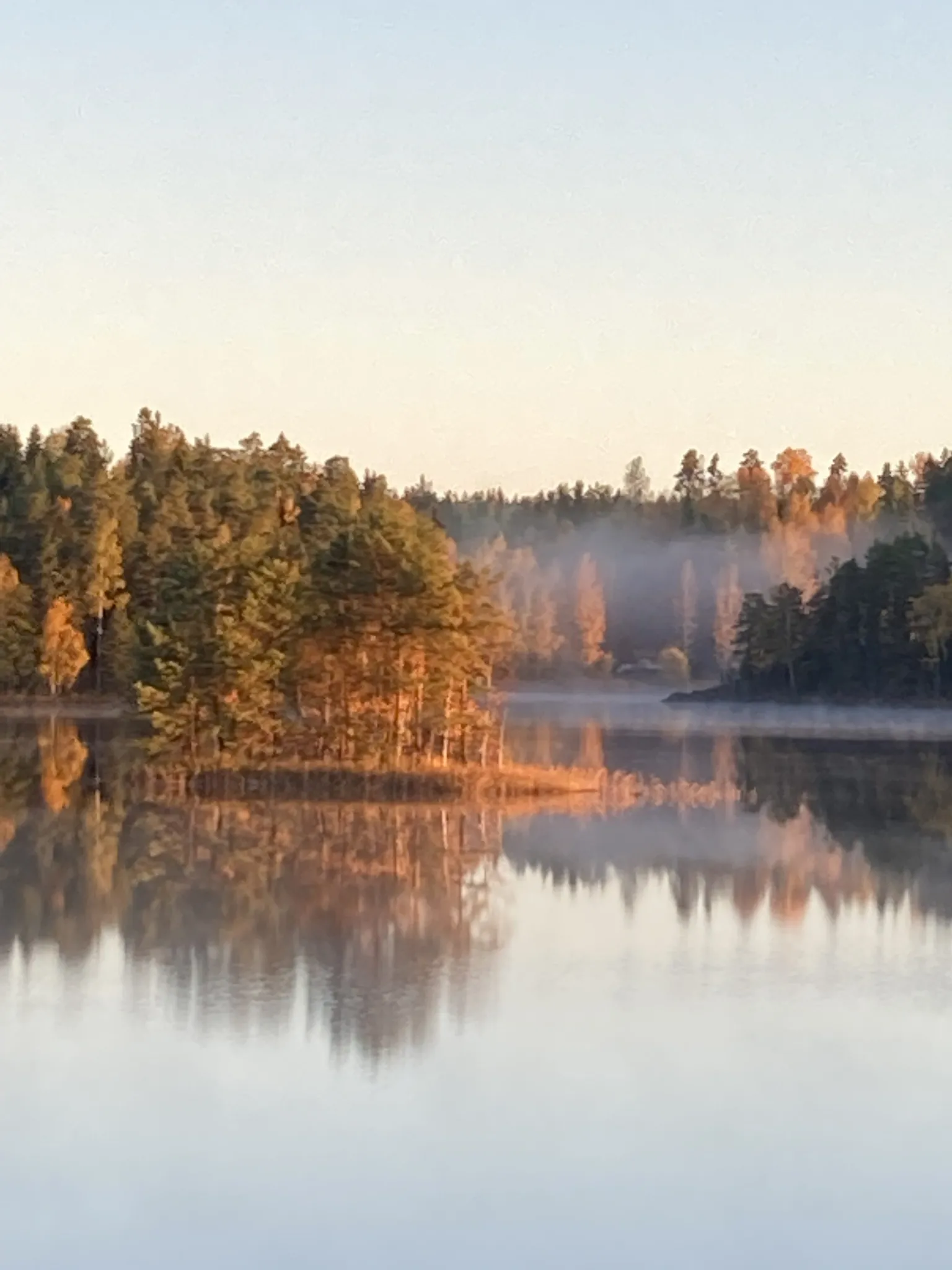
Time spent in nature helps us achieve more, but with less fatigue.
Nature also provides an excellent environment for enhancing creativity. When brain overload decreases, there’s more room for thinking. Additionally, studies show that natural sounds and landscapes stimulate imagination in a way that doesn’t overload the brain. Neuropsychological studies have found that time spent in nature improves creative problem-solving and thinking skills, which are increasingly needed in today’s (work) life.
Why does nature affect us like this? Our brains are still developmentally in the time when we lived on the savannah, hunting, fishing, and gathering food from nature. At that time, nature was the source of survival—safety and nourishment. Given this, it seems quite logical that nature brings a sense of calm. Perhaps you’ve gathered berries or mushrooms yourself and noticed how pleasant it feels to preserve the food you’ve gathered and cook it? Our brains are back on the savannah, in their comfort zone.
If we just manage to put away other stimuli for a moment, nature also offers the opportunity for a mindfulness experience and a break from the rush of everyday life, allowing us to be present in the moment. Mindfulness practice is well-researched and a widely recognized way to support mental well-being and recovery from stress.
Best of all, the well-being nature provides is accessible to everyone
There’s plenty of research on the beneficial effects of nature on stress, energy, anxiety, depression, insomnia, and even headaches. Nature also benefits health through physical activity, as being in nature usually means taking more steps.
So, nature does us a lot of good, and luckily, getting into nature is relatively easy. Studies show that even short moments in a nearby forest or by a body of water can bring significant health benefits. Urban parks, indoor plants, and viewing natural landscapes can also provide well-being effects. In my own medical practice, many patients have shared that nature has given them tremendous energy, whether it's tending to a cabin yard, caring for a home garden, or taking small trips into nature.
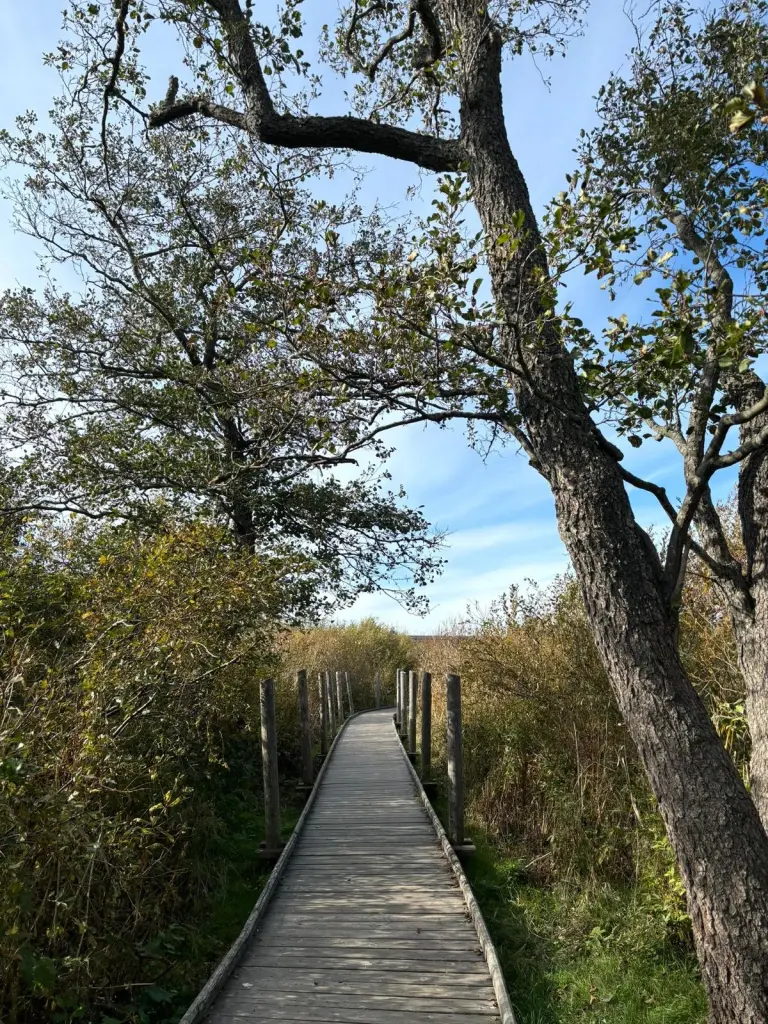
Nature opens the door to better well-being, mood, and also brings other health benefits.
With all the rush around us, nature offers us the opportunity to relax and recover, strengthening mental well-being. If you feel that your resources are running low, don’t take goint to the nature as a task, a "must-do" thing. Instead, pack some coffee or tea and set off with the thought, “I’m going on a little trip” or “sitting on a rock or a stump,” not collecting kilometers or minutes. If your thoughts are racing and won’t leave you alone, focus your attention on nature: What does nature look like? How do the seasons show? Are there birds or other animals around? Take your phone’s camera and snap pictures along the way. These photos are nice to look at on rainy days 🙂 If getting to nature is difficult for you, even indoor plants help to bring nature closer to you.
Shall we head into the nature today? If you did and took some pictures, I’d love to see them in the comment section 🙂
Have great trips to the nature! And don’t forget to sign up for the newsletter!"
With well-being regards
Anna-Mari
